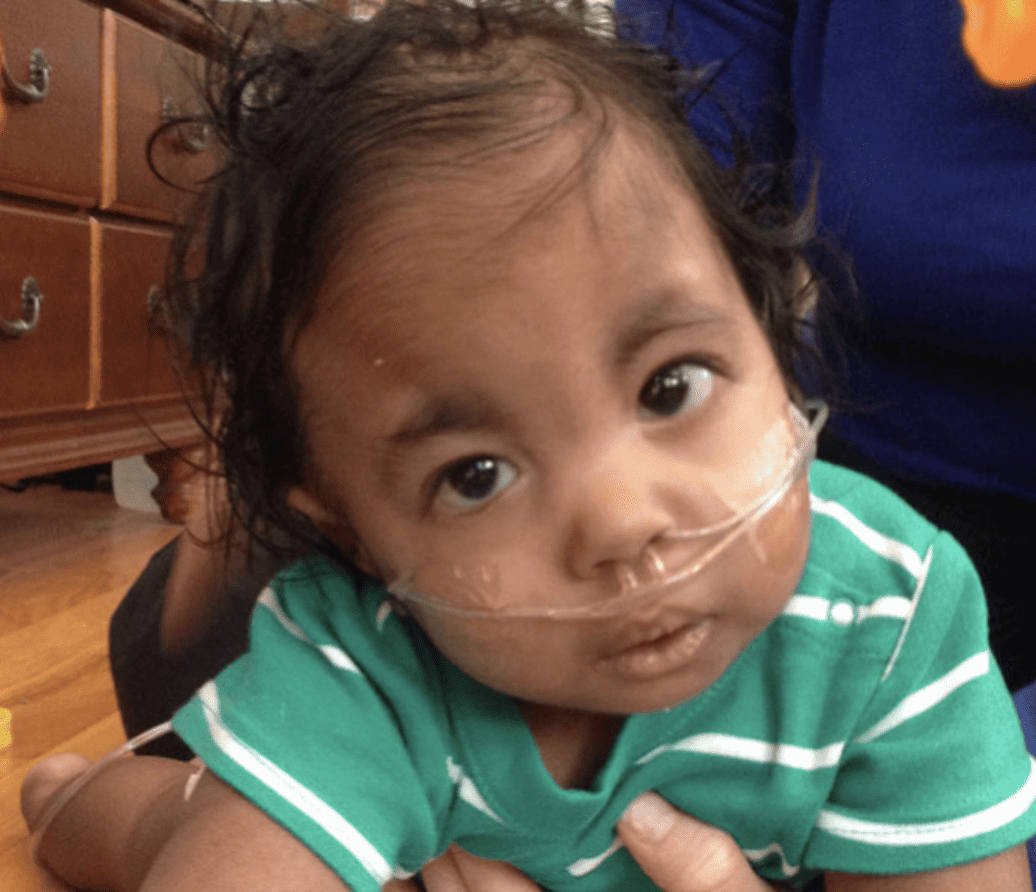For Families
Learning that your child has a life-limiting illness can be devastating. It can be confusing and overwhelming to begin to understand what you may need medically and emotionally. Navigating the system along with your own feelings can be challenging and frustrating. Many parents want to seek out as much information as possible. Many parents report feeling alone and isolated. Families often struggle in finding information or support.
We hope to provide you an avenue to connect with others, gain support and the information you may need to explore your treatment options.
When a child faces a chronic condition or a serious illness, families often feel as if their life has become a roller coaster ride.
While each family is unique and everyone’s journey will be different, we understand that you and your family may face very difficult questions regarding your goals of care for your child and uncertain times. Palliative care is here to provide support along the journey, no matter your treatment decisions or what the outcome may be.
Pediatric Palliative Care
Is specialized medical care for children, prenatal to young adult, with complex, chronic or serious conditions and their families.
PPC focuses on providing relief from the symptoms, pain, and stress of advanced illness- whatever the diagnosis. The goal is to improve quality of life for both the child and their family by addressing their unique psychological, social, and spiritual needs. The care is delivered through the collaborative efforts of an interdisciplinary team and serves as a critical link in care coordination, communication and helping the family to understand all the treatment goals and options…from diagnosis and throughout the course of a child’s treatment
The team works in collaboration with your child’s other health care providers and specialists, helping to provide seamless care coordination and communication, and aiding you in making informed choices about difficult medical decisions.
Care is customized for each patient and family, by allowing you to choose from a variety of available services, according to your needs. Through this continuing conversation, you and your child’s team can identify what your hopes and plans are for your child’s care, which will help the team deliver the care experience you hope for your child.
A team may consist of:
- pediatric palliative care physicians
- advanced practice nurses
- case managers
- social workers
- bereavement coordinator
- chaplain
- child life specialists
- expressive therapists/art, music, drama psychologists
- pharmacists
- nutritionist
- trained volunteers
Guiding Principles:
- Families and children living with life-limiting conditions are entitled to education about their disease, information about risks and benefits of treatment, and likely outcomes.
- Families and children living with life-limiting or chronic conditions should be encouraged to become partners with the healthcare team in making decisions and in planning treatments for their child.
- The illness impacts the whole family and the child’s community. In addition to the patients, their family and community should be extended support and considered in any care plan decisions.
- Children should know what is happening to them. Whenever possible, even very young children should be involved in discussions about their conditions and have a voice in the decision-making process. Parents need to consider the developmental level of the child; the child’s understanding of and prior experience with death; the family’s religious and cultural beliefs about death; and the child’s usual patterns of coping when discussing the illness with the child and siblings. . Seek support from your team in how best to talk with your child.
- Quality of life should be maintained at the highest possible level even when death cannot be avoided, and when death occurs, it should be made peaceful and dignified.
- Support for the family should continue to be available even after the child’s death.

